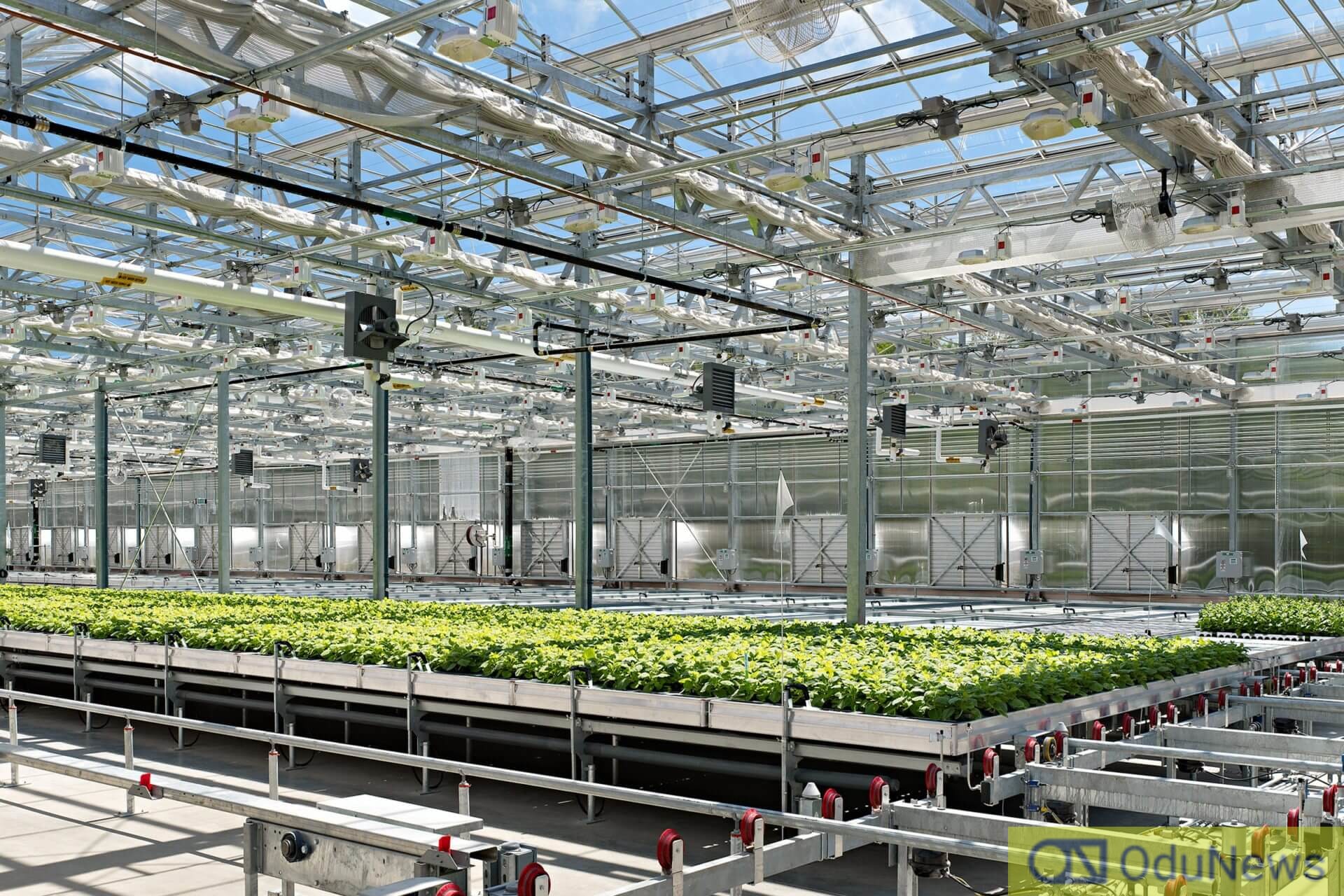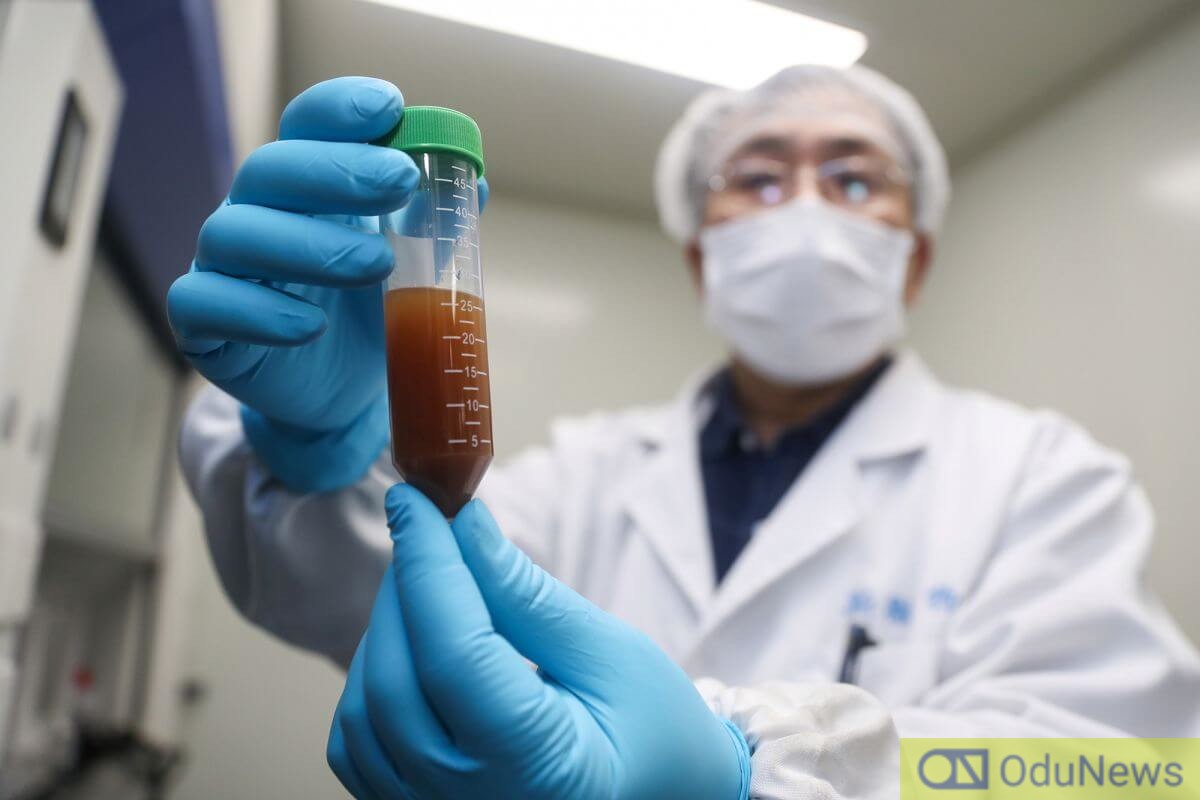A Canadian company is claiming it has made a vaccine for COVID-19 amid its continued global spread.

20 days after receiving the coronavirus’ genetic sequence, Medicago says it could make 10 million doses of the vaccine per month if its innovative production method wins FDA approval.
The above statement was made by the company’s CEO Bruce Clark. He further stated that if regulatory hurdles could be cleared, the vaccine could be made available in November 2021.
An Israeli research lab also made a similar claim but Clark says his company’s technique (which has already proven effective in producing vaccines for seasonal cases of flu) is more reliable and easier to scale.
Medicago uses plants as a bioreactor for growing vaccine proteins.
Traditional vaccine production requires eggs (lots of them) and the manufacturers inject the virus into the eggs, where it propagates.
However, using eggs is expensive, takes a long time, and is far from perfect. Mutations can yield across vaccines that don’t match up to the virus they aim to destroy, says Clark. This is why Medicago doesn’t work with a live feed.
Clark’s company uses plants (a relatively new approach that has seen much advancement in the last decade), inserting a genetic sequence into agrobacterium (a soil bacteria which is taken up by plants), in this case, a close cousin to tobacco.
The plant begins to produce the protein that can then be used as a vaccine. If the virus begins to mutate, as is expected for COVID-19, they can update the production using new plants.
“That’s the difference between us and egg-based methods”, Clark said, “we go directly to producing the vaccine or the antibody without having to propagate the virus.”



